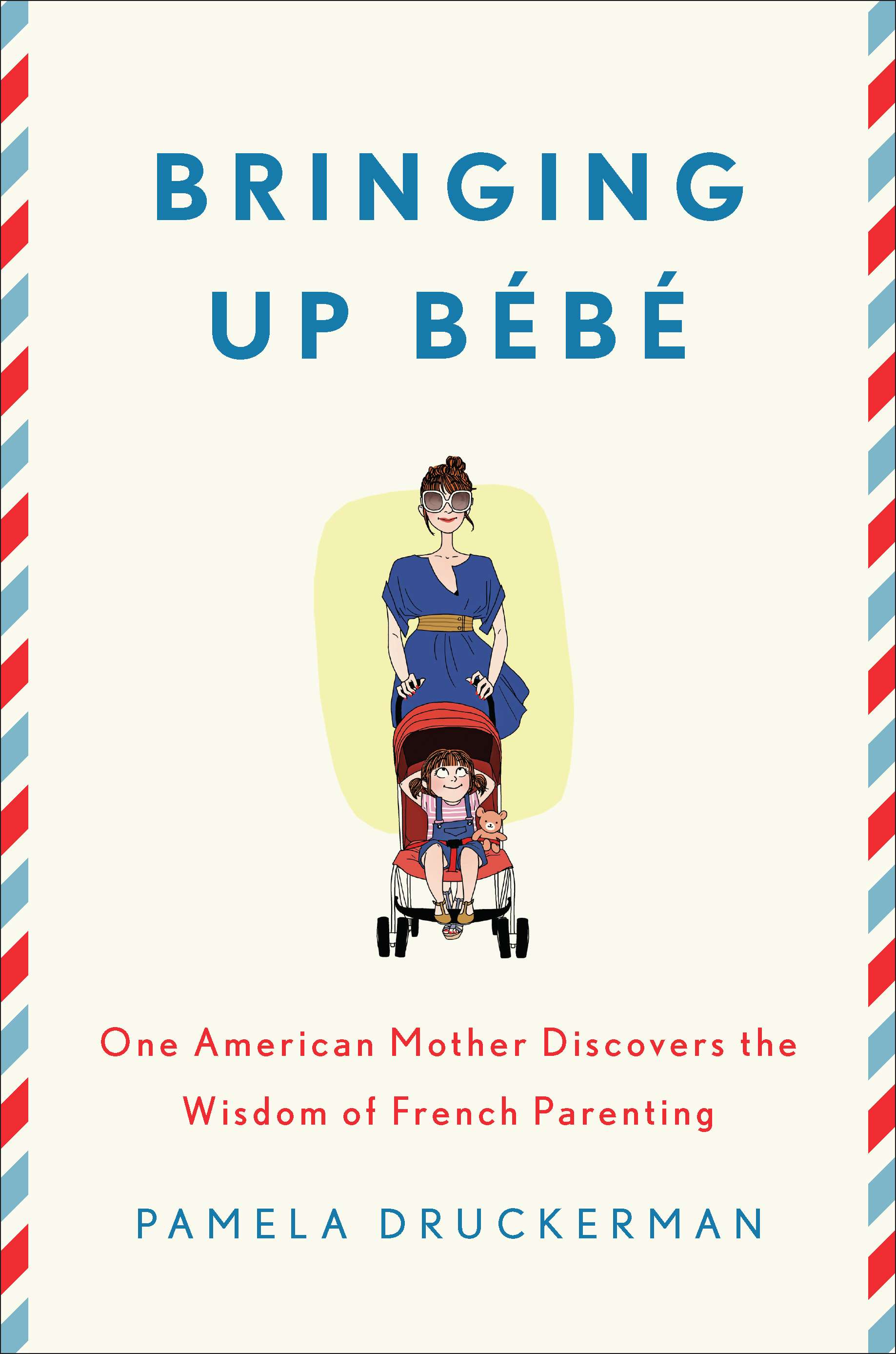 You might think it strange that I, a young woman who is not married, not a mother, and not (I repeat, NOT) currently with child to read parenting books and articles and blogs with any sort of fervor.
You might think it strange that I, a young woman who is not married, not a mother, and not (I repeat, NOT) currently with child to read parenting books and articles and blogs with any sort of fervor.
To me, this is not strange at all, because I also used to read my mother’s parenting magazines and books with the same interest and fervor when I was ten years old.
I think when I was ten, I liked reading about how people were supposed to grow and behave and relate to each other. I liked reading about what I’d gone through – all the developmental stages – and looking ahead to see what was next (I remember being concerned to read that 11-years-old was to be a year with lots of vomiting.) Now, my interest in parenting dogma is an issue of values. What do we think is so important that it simply MUST be passed along to our children? Do we value discipline? Creativity? The parent-child relationship? Socialization? Stability? Flexibility?
After reading Battle Hymn of the Tiger Mother last year and enjoying the heated conversations that sprung up around the author’s version of Eastern parenting – heavy on tough love, structure, and string instruments – I was excited to see Pamela Druckerman’s Bringing up Bebe offering another cultural perspective on child-rearing. This is a good, quick read – a mix of memoir, humor, and cultural observations Druckerman gleaned after birthing and raising three kids as an American in Paris. She does a good job of representing multiple perspectives, of tying together how parenting attitudes are supported or discouraged through political systems (i.e. French women maintain separate lives from their children better than American moms because it is cultural expected that French women will go back to work ASAP… but they can go back to work because they have generous maternity care, leave, and exceptional government subsidized childcare)
But for me, this book had more in common with a book like Michael Pollan’s In Defense of Food than other hot-topic parenting manuals. Druckerman’s take on French parenting focuses on the fact that French families and French women have a different set of cultural values than Americans do, and many of those values support a certain parenting style. Not to say that American parenting is equivalent to the Standard American Diet, but thinking outside the American paradigm, I think, can be eye opening for everyone – not just parents.
Some take-aways that have already started to influence my own behaviors and thinking:
- Babies should fit into your schedule, into your life. This is a major undercurrent in Druckerman’s perception of French parenting. French babies sleep through the night, French parents have more sex, French parents continue to dress up and dine out and go on dates because they don’t bow down to the baby in their life in sacrifice of all else. This might seem harsh, but side effects are Happier Parents, Happier Marriages, Well-Rested Babies, and a childhood that includes boundaries, limits, and routines, which is a good thing. I think this resonated with me because my yet-childless peers and I are at the point where we at least consider the practical implications of introducing children into our lives, and it’s very frightening to think about making a big decision that might bungle up everything you’ve worked for. French families just don’t think that way, and it doesn’t turn out that way, end of story. It’s comforting.
- You should eat four times a day – breakfast, lunch, afternoon snack, dinner. I am not sure why this is so revolutionary to me, but ever since I started experimenting with reducing my sugar and carb intake, I’ve been paying closer attention to how my body works on different foods. One thing I noticed is that when I have a lot of carbs, I get hungry faster, being hungry feels worse, and I am more “snack-y” all around. It almost feels like I become enslaved to food, constantly planning different snacks and thinking about what to eat and trying to put off eating just a bit longer so I can ration what I have. I eat at irregular times and eat more. The French way of eating has one “official” afternoon snack each day – “le gouter.” Somehow, this term has slipped into my mental vocabulary in the past few weeks, especially since I have been working a lot of evening work shifts – having “le gouter” before work keep me from being ravenous for dinner or starving on my late bus home.
Druckerman lays out all sorts of benefits for children and parents who stick to these schedules, too, but again, parenting books aren’t just about technique, but about re-evaluating and discovering your own cultural values. Why treat your kid’s life with any more (or less) care than you give your own life, and if it’s important enough to teach your kids, why not do it now? How French of me…